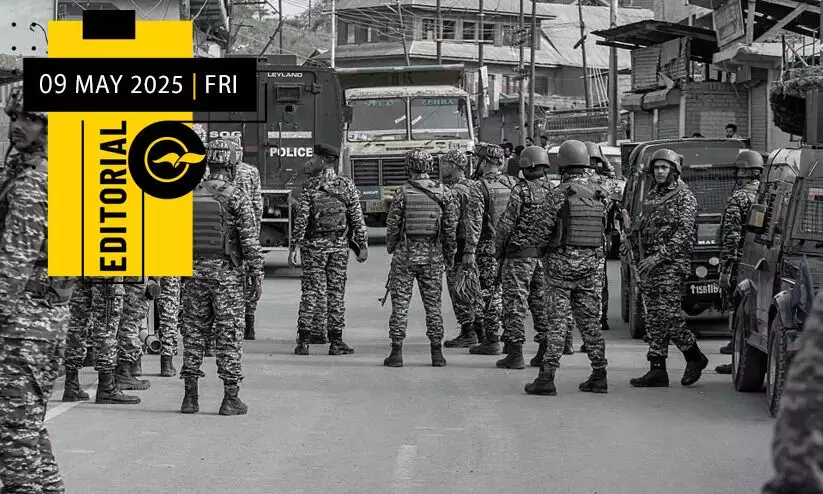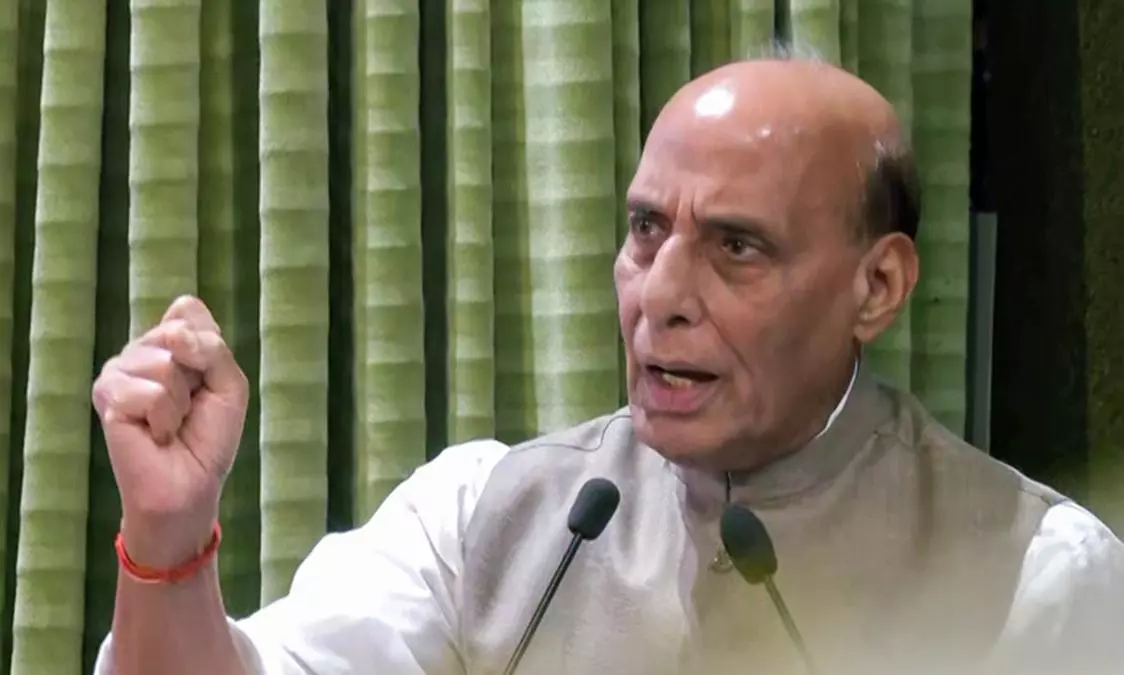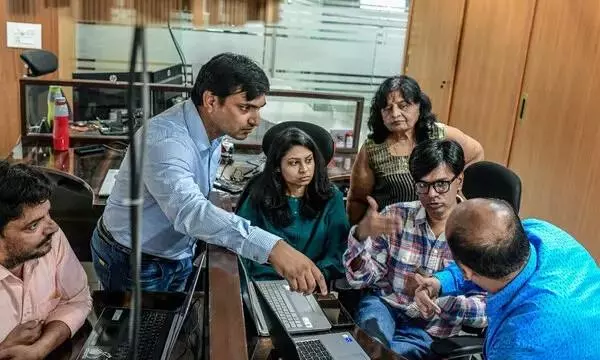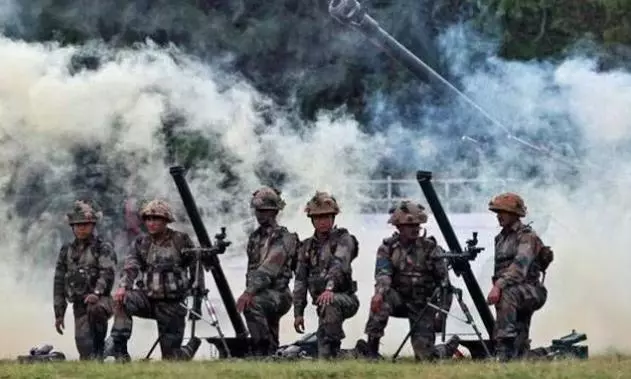
That door is still open
text_fieldsThe people of Kashmir have been trying hard to break free from the decades-long atmosphere of fear and tears caused by terrorism and excessive militarization and to build a peaceful life. The terrorist attack that took place in Pahalgam on the 22nd of last month shattered all those efforts. Soon after the attack, Indian investigative agencies swiftly traced the roots of the terrorists, and the Indian army crossed over into Pakistan demanding answers. More than a hundred people were killed in the Indian strikes targeting Pakistani terrorist camps. It has been confirmed that close associates and relatives of Jaish-e-Mohammad chief Masood Azhar were among those killed. He has long been a constant headache for India through terrorist strikes. Although right-wing media and Sangh Parivar affiliates had been raising a war cry since the evening of the Pahalgam attack, the Indian army acted only after careful deliberation and identifying precise targets. Both the government and opposition parties stood united in supporting and praising the army. The Indian government made it clear that its intention was not to pursue a prolonged war, as desired by war-mongers, but to send a strong message that any attack would be met with a powerful response. Defense Minister Rajnath Singh stated on Thursday that the military action was carefully planned to target only those responsible for the killing of innocents, and special care was taken to avoid harming civilian areas or ordinary people.
Shaken by the impact of Operation Sindoor, Pakistan resorted to cyber tactics by circulating unrelated videos on social media with false claims, launching a digital misinformation campaign. It was another blow to them as Alt News co-founder Mohammed Zubair, known for adroitly fact-checking fake news, exposed Pakistan's false claims. Following this, Pakistan attempted retaliatory strikes using drones and missiles, targeting Indian military camps and civilian areas. However, the Indian armed forces, staying fully alert and prepared, effectively defended against these attacks in a timely manner. However, the lives of ordinary people in the border villages of Jammu & Kashmir and Punjab have once again been thrown into a state of anxiety and unrest. With intense shelling from the Pakistani side near the Line of Control, elderly civilians have been killed. In Poonch district, a madrasa, a gurdwara, and a temple were among the structures destroyed. Hundreds of families have fled their homes and sought refuge in bunkers. Following India's counter-strike, Pakistan initially hinted they were willing for dialogue but has now shifted to issuing threats and preparing to target Indian cities and military structures. It is a move that not only violates decorum but also poses a major threat to regional peace.
In response to Operation Sindoor, the global community emphasized the importance of maintaining peace in the Indian subcontinent. Even China, which is a close ally of Pakistan, refrained from openly taking sides and instead advised both neighbours to avoid conflict. This might be because the Indian subcontinent is an important market for them. Several countries have also begun covert diplomatic efforts to defuse tensions and prevent further escalation. However, if the situation continues to move in a direction that undermines these efforts and leads to a prolonged conflict, it would be yet another burden the world may not be able to bear. Pakistan’s ruling establishment has often taken thoughtless actions, showing little concern for its own future or the suffering faced by the world. The atrocities that sprang from that thoughtlessness played a huge role in stunting the growth of the two nations that emerged after independence and partition. Trillions that should have been invested in technological progress, education, and healthcare advancements have instead been sacrificed for militarization and arms buildup. Yet, the recent cross-border terrorist activities make it clear that none of this has taught them a lesson. This shows the need to consider multiple strategies to bring them to account. India maintains that the door to dialogue remains open. The only quarters that are eager for war are the international arms lobbies, looking for the profit to be derived when human blood is spilt and the hate-driven forces that serve them. This is a crucial moment for political and diplomatic initiatives to stop the terrorists dancing to their tune, and of those who support them, in order to restore peace.















